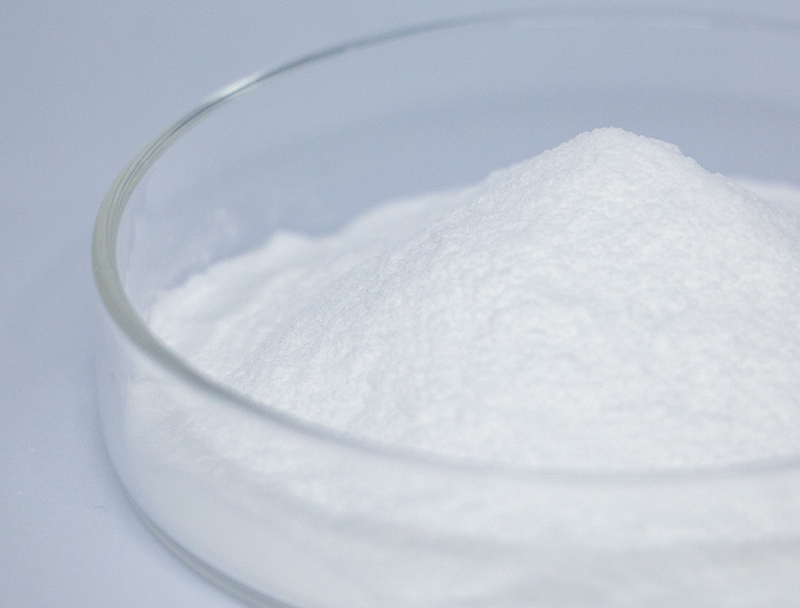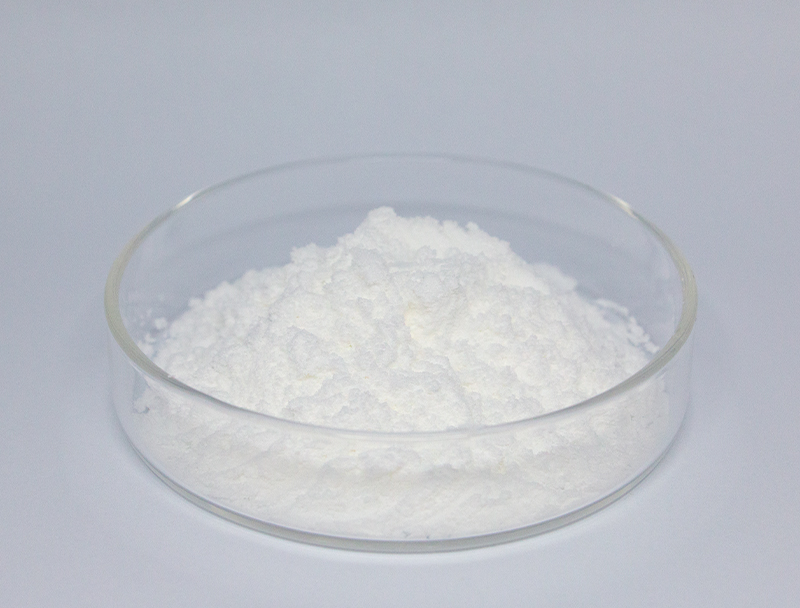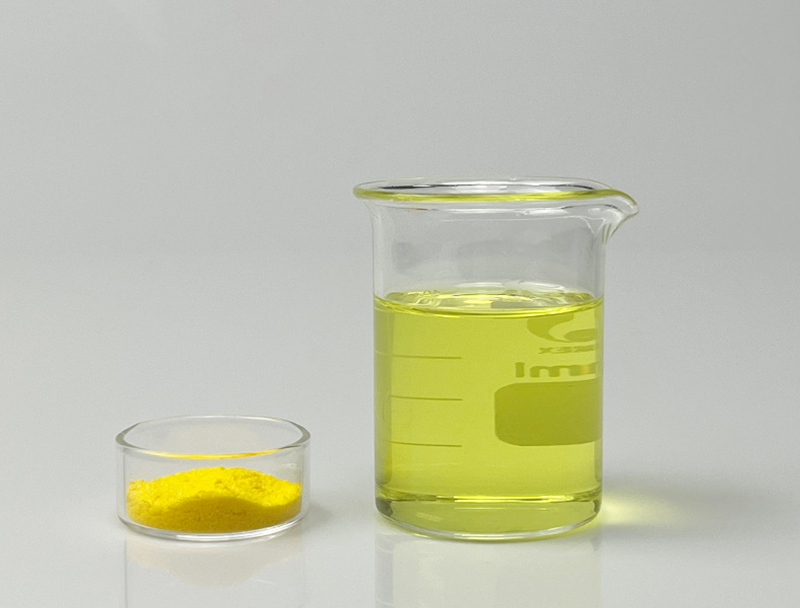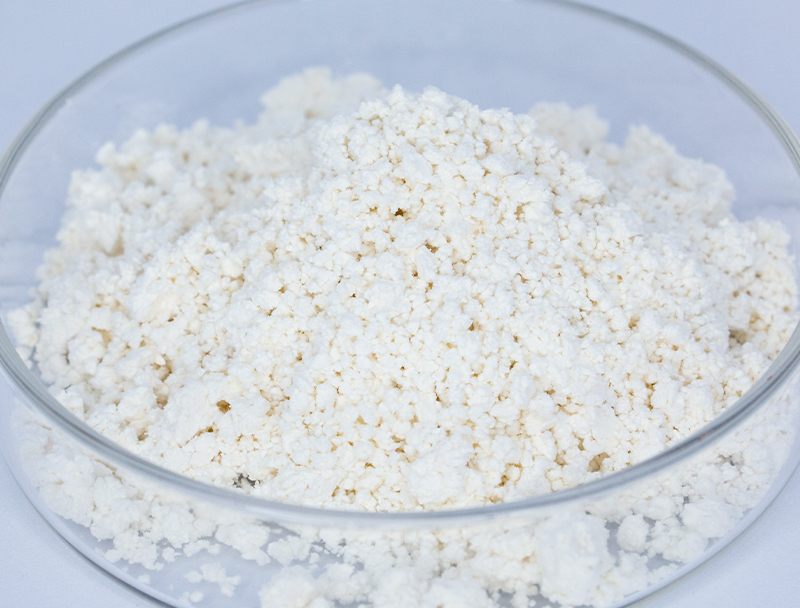
Large-scale bioproduction hinges upon an extensive collection of base components to create novel bio-derived items.
Ensuring durable supply chain sourcing remains essential to industry resilience and responsible expansion.
various risks tied to conventional feedstock acquisition for example habitat harm and overextraction of resources. Hence, industry players ought to pursue innovative supply solutions to lower carbon burdens.
- Situations demonstrating ethical sourcing encompass:
- Employing waste-stream inputs from industry leftovers
- Applying zero-waste frameworks to limit waste and optimize resource use
- Forging alliances with neighborhood suppliers supporting green sourcing
This shift towards sustainable raw material sourcing is not only environmentally beneficial but also economically viable in the long run.
Improving Biomass Inputs to Boost Biofuel Yields
Boosting conversion rates requires high-quality and well-characterized biomass. Scientists are constantly exploring novel strategies to optimize these feedstocks, creating higher productivity and an eco-friendlier fuel landscape. Methods encompass cellular engineering to augment biomass output and refining processes to liberate fermentable carbohydrates.
- Moreover, investigations target novel feedstocks like microalgae, municipal residues, and field residues to widen the pool of renewable biomass for biofuel use.
- As a result of relentless efforts the industry should deliver significant enhancements paving a path to sustainable energy.

Optimizing Early-Stage Biomanufacturing Processes
entails beginning production stages such as cell growth and biomass recovery Recent developments in this field have resulted in optimized workflows that raise overall output.
Salient improvements involve specialized expression hosts, fine-tuned media strategies, and next-gen bioreactor concepts. These innovations not only enhance productivity but also minimize production costs and environmental impact.
- Also, evolving practices favor continuous flow processing which supports more agile upstream control.
- The progression to advanced biomanufacturing approaches should modernize the field and quicken therapeutic progress.

Precision Genomic Tools Enhancing Biopharmaceutical Yields
breakthroughs in precise gene modification systems have reshaped biopharma production. With exact genomic alterations, researchers improve host productivity for therapeutic manufacture. This capability can unlock development of cost-efficient, high-performance biologics for many conditions.
Using Microbial Systems for Site-Specific Remediation
state-of-the-art biological cleanup solutions using targeted microbial actions. Engineered and natural microbes can attenuate pollutants via metabolic conversion.. Using microbial biotechnology enables remediation strategies that balance effectiveness with ecological protection. Laboratories test microbial species for efficacy against metals, pesticide pollutants, and oil-related contamination. Microbial strains work in bioreactor settings or on-site applications to convert pollutants through biological pathways..
Employing microbial strategies for remediation provides multiple benefits versus traditional techniques. It is a cost-effective and environmentally friendly approach that minimizes the generation of harmful byproducts. Moreover, microbes can be tailored to address specific pollutants with minimal impact on non-target organisms. The field of microbial biotechnology continues to advance rapidly, with ongoing research focused on improving the efficiency and effectiveness of bioremediation strategies.
Computational Biology in Drug Discovery
Computational biology approaches are becoming vital across contemporary drug R&D. By leveraging complex datasets, bioinformatics expedites discovery and optimizes candidate safety and potency.
- With analysis of broad omics and clinical datasets, bioinformatic experts identify targets and model drug effects.
- Likewise, computational docking and dynamics help design molecules with improved target engagement and potency.
- In summary, bioinformatics overhauls pharmaceutical R&D and quickens the path to safe therapeutics for patients.
Fine-Tuning Metabolism to Maximize Bioproduct Synthesis
applies assorted techniques to boost microbial synthesis of valuable compounds. Programs use genetic redesign of metabolic networks, dynamic regulation of expression, and addition of heterologous genes to unlock new capabilities. By optimizing cellular networks, developers can substantially boost target bioproduct output.
This broad strategy is positioned to innovate sectors including pharmaceuticals, crop science, and bioenergy.

Industrializing Biopharmaceuticals: Risks and Rewards
Moving from bench to commercial scale creates complex challenges and valuable opportunities. Ensuring product consistency at larger manufacturing scales represents a major hurdle. Tackling it demands tightly integrated control systems, precise surveillance, and state-of-the-art analytics.

Additional complexity arises because biopharma production entails many coordinated stages.. Translating lab methods into scalable operations needs heavy research and technology breakthroughs.. However, the potential rewards are substantial. Efficient scale-up can amplify access to medicines, compress costs, and strengthen returns.
Numerous initiatives aim to tackle these scaling challenges. They encompass new process-improvement tools, in-line analytics for continuous oversight, and creative manufacturing approaches.
- Developmental projects contribute critically to scaling manufacturing competency.
- Regulators are reforming approval systems to facilitate adoption of advanced manufacturing and nurture innovation.
Mapping the Compliance Environment for Safe Therapeutic Development
Engineering biologic therapies includes robust governance to assure patient safety and measure effectiveness. Products of biological origin introduce specific challenges that differ from standard drug development.
Agencies such as the FDA in the United States and the EMA in Europe play a crucial role in establishing guidelines and standards for the approval of these innovative therapies..
Comprehensive testing regimens must be followed from early-stage research through ongoing post-approval monitoring.. Such safeguards are intended to detect hazards and ensure therapeutics adhere to top-tier safety benchmarks..
Furthermore, regulatory bodies are constantly evolving their approaches to keep pace with the rapid advancements in biopharmaceutical research.. Policies involve deploying novel tech and expediting development while preserving commitment to patient safety.

Evaluating Plant Biomass for Bioplastic Production
The expanding market for green materials prompts increased R&D into bio-based solutions. Among these, bioplastics, produced from plant-derived biomass feedstocks, offer a promising avenue towards a greener future. Biomass sources such as cornstarch, cellulose, and sugarcane are usable to produce plastics that biodegrade and reduce ecological impact.
In addition, certain bioplastics match performance of petroplastics, enabling broad applicability in multiple sectors.. Further innovation is required to mature plant-based bioplastics for broad adoption and circular economic models.
Emerging Biotech Solutions for Health and Food Security
Biotech innovations hold promise to dramatically impact health and the reliability of food systems. By applying gene editing, synthetic biology constructs, and cellular therapies, scientists create tools to fight disease, raise yields, and boost nutrition.. Illustratively, crops altered for pest resistance and stress endurance support increased harvests and diminished pesticide usage.. Moreover, biotechnology plays a crucial role in developing vaccines, antibiotics, and diagnostic tools that are essential for combating infectious diseases and improving global health outcomes.. With persistent development, biotech stands to offer transformative solutions for global health L-arginine-α-ketoglutaric acid and long-term food security.
